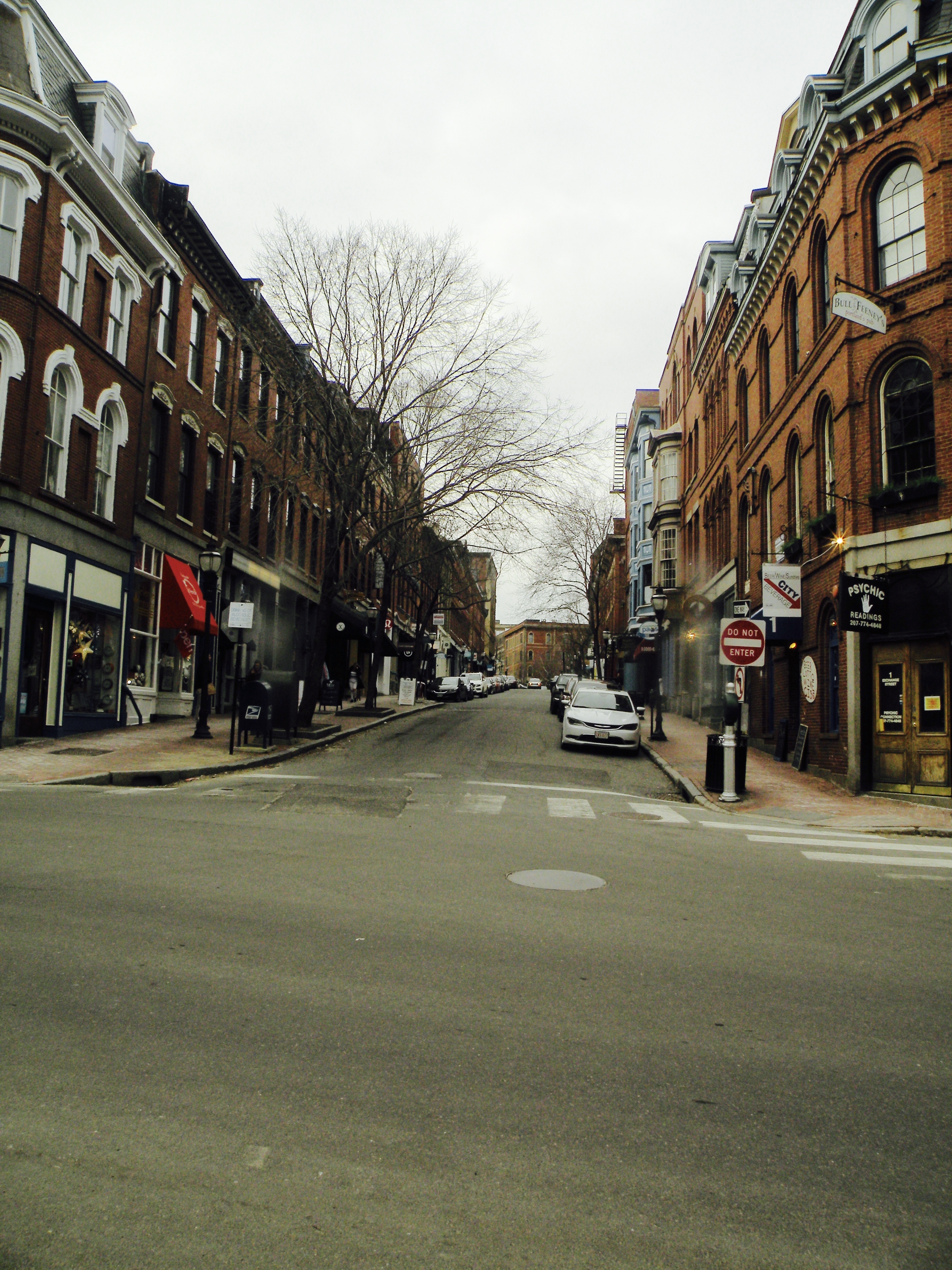Settings and Urban Fantasy
Some of the books that made me fall in love with the genre of urban fantasy were set in actual cities, or I guess, technically, they’re not really those cities but alternate magical versions of them. The Dresden Files was set in Chicago and Greywalker was set in Seattle, so I when set to write urban fantasy, I also choose to set my books in alternate magical versions of real places.
I the case of Power Surge, it was Portland, Maine.
As a reader, I prefer urban fantasy settings grounded in the real world, but not fully limited by it. I want there to be some recognizable landmarks for the city the story takes place in, but I also don’t want the setting to adhere to strictly to reality because then it doesn’t feel enough like fiction.
I write the type of books that I want to read. So when I write urban fantasy, there are usually some landmarks with real life counter-parts that exist along side a plethora of completely made up ones.

Portland Head Light
In Power Surge, the school Erin and friends attended was completely fictional, but one of the battles happens at Portland Head Light. The characters go in made up shops and restaurants, but those are within the confines of Portland.
I don’t put actual business in the story, though generically named places often bear some resemblances to my favorite eateries even if that was never my intention.
Good food sticks in my unconscious, and writing first drafts is a lot like dreaming. The worlds of my urban fantasy novels wind up littered with almost-Doppelgängers of my favorite restaurants.
Legal and ethical issues aside, I don’t use exclusively real settings because I feel too limited if I can’t completely make up certain aspects of a place, like the staff, the decor, and the restrooms.

A street in Portland, ME, similar to one Erin and Sam walk down in Power Surge.
However, a recent afternoon spent in Portland reminded me this balance is a tricky one to maintain, and I didn’t do quite as a good a job with it in Power Surge as I thought I did.
I’d been to all places that inspired my setting many times before I wrote the scenes that happened there. Years ago, shortly before and while I was working on early drafts, I frequented downtown Portland as well as the beaches and light houses around it.
Unfortunately, there was a large gap between those visits and the final revisions and edits of the book.
Google maps, even on satellite view, is no substitute for actually going to a place, walking around, taking pictures, smelling it, hearing it, and taking it all in.
I’m certain that in the early drafts, my description of places with real life counterparts, the ones that ground the fantasy, were very accurate. I’m not so sure I’d say that about the final version. I’m not way off, but when I think about how I described Portland Head Light and Crescent Beach, I realize I made them to small. I didn’t take the parking lot gates into account when my characters visited at night.

Parking lot a Crescent Beach
How did this happen?
I revised my descriptions of the “real” settings the same way I revised descriptions of fictional ones, and wasn’t careful enough to make sure I was staying true to the place.
To readers who have never been to the places in the book, it won’t matter. However, if someone who frequented them picked up, I fear some inconsistencies with reality might yank them out of the narrative.
“That parking lot is way bigger than you described!”
“If it was ten at night, the gate would have been closed.”
This is the danger of mixing actual landmarks in fiction. You may start with a light house or beach readers could visit, but if you are not careful enough, you may edit that place away from it’s real life counterpart without even realizing it.
In some ways, that is for the better. I’m writing fiction, and no matter how much the Portland Head Light in my book may or may not look like the real thing, at most, it is a Doppelgänger. The setting of the book isn’t reality but an alternate version of it. Still, I don’t want to confuse or alienate local readers.
I’m not sure if I’ll change how I handle settings in urban fantasy, but I need to be more careful. I need to approach revision differently in those sections. I need to really be aware of how much time messes with my memory.
Have you ever used real cities or landmarks in your books? Why or why not?
Want to read a dark urban fantasy novel about demon hunters in an alternate Maine? Click here to buy a copy of Power Surge!
